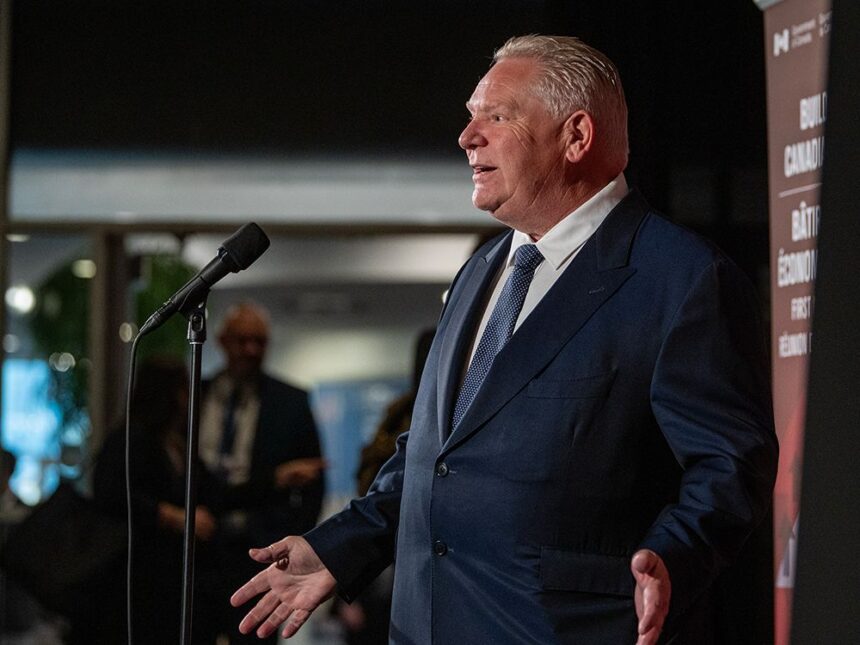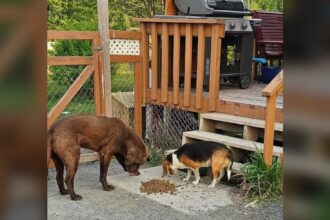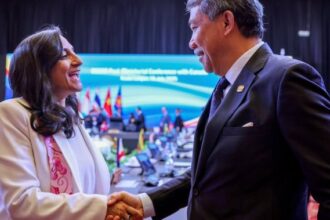In a statement that has ignited significant backlash across Ontario, Premier Doug Ford claimed First Nations communities “keep coming hat in hand” to his government despite being “treated like gold” when it comes to provincial funding allocations. The controversial remarks, made during a closed-door meeting with municipal leaders in Parry Sound last week, have sparked outrage among Indigenous leaders who call the characterization both inaccurate and deeply offensive.
“The premier’s comments reflect a fundamental misunderstanding of the constitutional relationship between First Nations and the Crown,” said Ontario Regional Chief Glen Hare in a statement released yesterday. “First Nations aren’t receiving charity—they’re seeking the fulfillment of treaty obligations and equitable access to resources that all Ontarians deserve.”
The premier’s office has since attempted to clarify the comments, stating that Ford was referring to the “unprecedented investments” his government has made in Indigenous communities. According to provincial figures, Ontario has allocated over $4 billion toward Indigenous-related initiatives since 2018, including infrastructure, education, and healthcare projects.
However, critics point out that these investments barely address decades of systemic underfunding. A 2021 report by the Financial Accountability Office of Ontario revealed that per capita spending on essential services in First Nations communities remains significantly lower than in non-Indigenous municipalities across the province. In some remote northern communities, infrastructure deficits exceed $3 billion for basics like clean drinking water, housing, and reliable electricity.
“When you consider that many First Nations communities still lack reliable drinking water and adequate housing, the characterization that they’re being ‘treated like gold’ is not just inaccurate—it’s harmful,” said Anishinaabe lawyer and policy analyst Tanya Talaga. “These communities aren’t asking for special treatment; they’re asking for equity and the respect of treaty relationships.”
The timing of Ford’s comments has proven particularly problematic as they come just weeks before a scheduled provincial-Indigenous leadership summit aimed at improving relations. Several chiefs have now indicated they’re reconsidering their participation, calling for a formal apology before proceeding with further discussions.
Political analysts suggest this controversy could undermine years of relationship-building efforts. “The provincial government has made some progress in recent years with initiatives like resource revenue sharing agreements,” noted Dr. Hayden King, executive director of the Yellowhead Institute. “But comments like these reveal the persistent colonial attitudes that continue to shape policy approaches to Indigenous relations.”
The opposition has seized on the premier’s remarks, with NDP Leader Marit Stiles calling them “deeply disrespectful” and demanding a formal apology. “This government cannot claim to be committed to reconciliation while making statements that fundamentally mischaracterize the relationship with First Nations,” Stiles said during question period.
As this controversy unfolds, it raises important questions about Ontario’s commitment to meaningful reconciliation. Can the Ford government rebuild trust with First Nations communities after such divisive rhetoric, or will these comments permanently damage what many already describe as a fragile relationship built on centuries of broken promises?


















